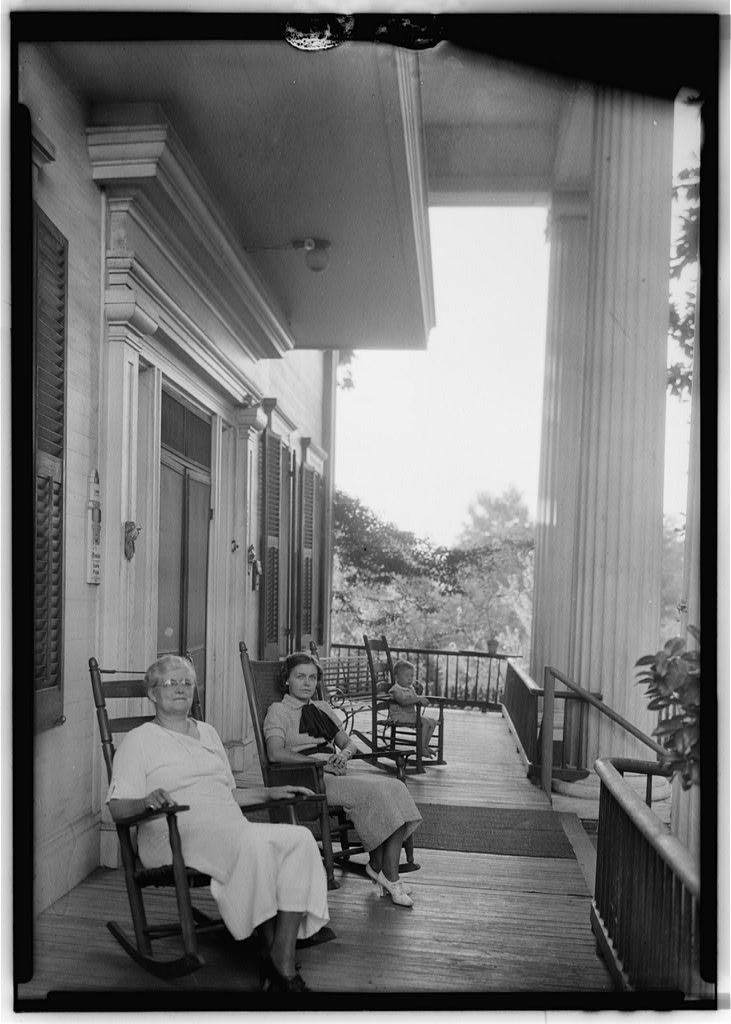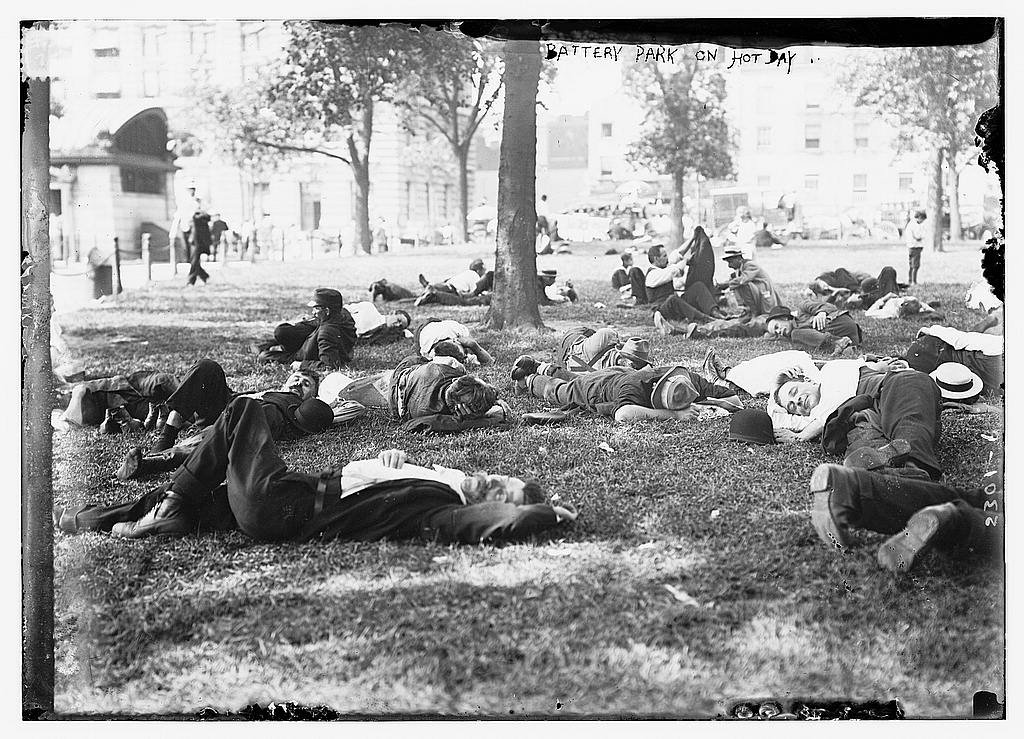Three Ways Air Conditioning Is Actually Making Your House Hotter

By:
Americans love air conditioning. About two-thirds of homes in the U.S. have air conditioners, and homeowners are paying more than $11 billion a year to keep cool, according to the U.S. Department of Energy.
However air conditioners are probably making your house less resistant to warm weather. ATTN: talked to experts about the counter-productive cycle of air conditioning and the damage it's doing to the environment.
Stephanie Pincetl, director of the California Center for Sustainable Communities at the University of California, Los Angeles told ATTN: "It's really about understanding that there are side effects of using air conditioner." she said. "It's making your urban environment hotter and then you need to use more air conditioning," she said.
Here are three ways air conditioning is making your house less efficient.
1. Houses aren't designed for hot weather anymore.
Pincetl told ATTN: that largely because of the popularity of air conditioners houses can be built differently with cheaper materials.
"What we've done since the 50s is no longer build buildings that are climate sensitive," she said. "If you remember pictures of the antebellum South houses, they had very high ceilings and wide porches. Those buildings were built to stay cool and receive all the breezes."
 Library of Congress/Alex Bush - loc.gov
Library of Congress/Alex Bush - loc.gov
She said that because there is less consideration in the design of homes, houses are warmer and air conditioners seem like the solution.
"It's nice to be able to just turn something on when you're building is built really poorly or not being built appropriately for the climate," said Pincetl. However the default solution of air conditioning, pulls the incentive away to use better housing designs and materials.
And while there are laws on the books that establishing housing efficiency standards, Pincetl said "usually builders just go to the letter of they law, they don't go to the spirit of the law." She added, "houses are still not built for thermal comfort in terms of being able to use the environment that exists."
Depending on where you live and the structure of your house, more windows, high ceilings, and thicker walls could be a solution to keeping a house cool.
"If you have a chance to add some windows, put them where you're going to get a cooling breeze," said Pincetl. "Use nature for your benefit don't fight it, and those old Spanish adobes had thick walls for a reason."
2. Americans forgot how to keep their houses cool without air conditioning.
Air conditioners became popular after World War II, but Americans lived for many years without them. Beyond the design of a home, there are other simple things you can do to make your house significantly cooler.
- Close your curtains.
- Put an awning in front of your house.
- Plant a tree that gives your property a lot of shade.
"Use common sense," said Pincetl. "Shade tends to be cooler than the hot son."
 Library of Congress/George Grantham Bain Collection - loc.gov
Library of Congress/George Grantham Bain Collection - loc.gov
3. Air conditioners, along with other devices that use power, are making the local and global environment hotter.
"The thing people don't think about is that the motor of the air conditioner creates heat," said Pincetl. "All motors and all engines create heat."
The collective use of electronics and cars makes cities hotter than other areas. "It heats up the urban atmosphere which creates an urban heat island." she said. "You'll find a fair amount of literature that cities are hotter than the surrounding countryside and they cool off less than the surrounding country side."
The power and resources used by air conditioners and all electrical appliances also contribute to global warming, according to Omar Asensio, a researcher from the Institute of Environment and Sustainability at the University of California, Los Angeles.
"In terms of the contributions of energy uses, the number of kilowatts of energy that you consume, directly affects greenhouse gas emissions that are contributing to this problem that we have," said Asensio.
When people use more air conditioning power companies burn more fuel to make more electricity. "In order to meet the increased demand or power there are some power plants that will run 24 hours a day," said Asensio.
Although scaling down air conditioner is an important part of energy conservation, there is something else that's sucking significant amounts of power out of your house.
All the devices we leave constantly plugged into the outlet drain significant amounts of electricity even if they're turned off.
"On a global level, efficient air conditioners are very important with respect to climate change mitigation, especially due to rising incomes in developing economies in which we see growing demand for durable goods," said Asensio. "However, at the same time, we find that given the rise of consumer electronics in modern life —TVs, cell phones, laptops, charging devices — it turns out that the electrical plug load is increasingly becoming the largest share of electricity use in households."
Asensio said that many people don't even really how much power they're wasting.
"When you get a bill at the end of the month it doesn't break down where the electricity is going," said Asensio. "You just don't know how that splits up in the actual cost and consumption.
